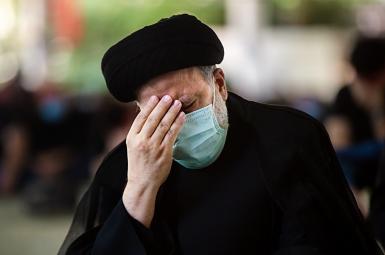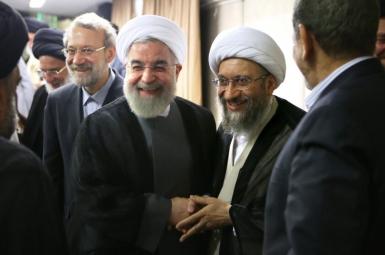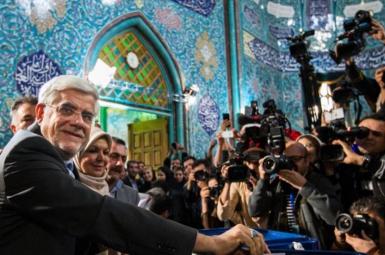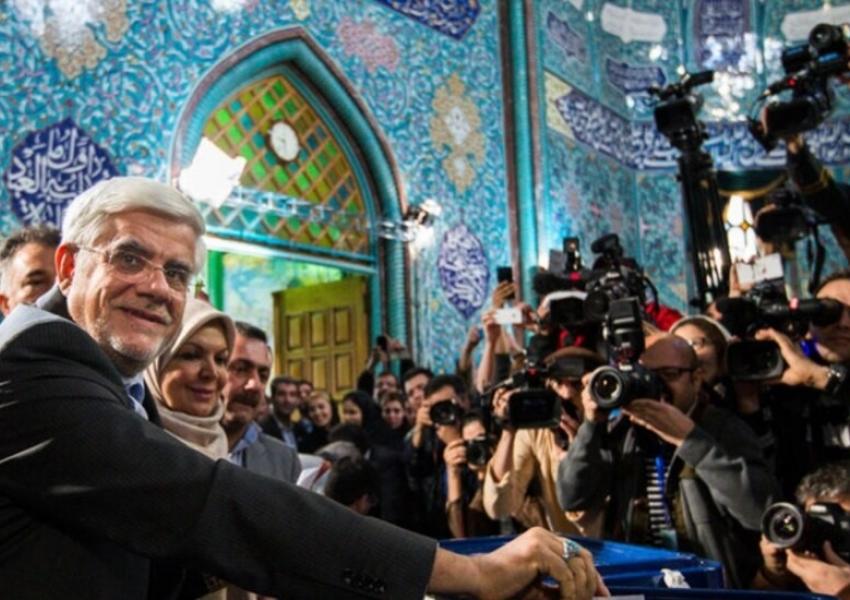
Reforming The Reformists - Iran's Left To 'Shed Skin' To Return To Politics
Iran's conservative newspapers have called on the country's embattled reform camp to revive itself following its defeat in the June 18 presidential election, which resulted in part from the watchdog Guardian Council not allowing leading reformists to stand.
Advice to the 25-year-old reform movement to "shed its skin" came after President-elect Ebrahim Raisi (Raeesi) told state television Thursday that he did not like rhetoric about "the demise of reforms." Some hardliner politicians and media had discussed the demise of the reformists in the aftermath of the election, in which former central bank governor Abdolnaser Hemmati, the nearest to a reformist candidate after former vice-president Mohsen Mehralizdeh withdrew, won only 10 percent of votes.
In Javan daily, which is close to the Revolutionary Guards (IRGC), editor Abdollah Ganji suggested (link is external) Saturday in an editorial under the headline "The need to revive the left" that reformists should renew their political organization to dispel the disillusionment caused by their defeat and sense of being undermined. Ganji called on the reform camp to rejuvenate itself by shedding its old skin and returning to the political system.
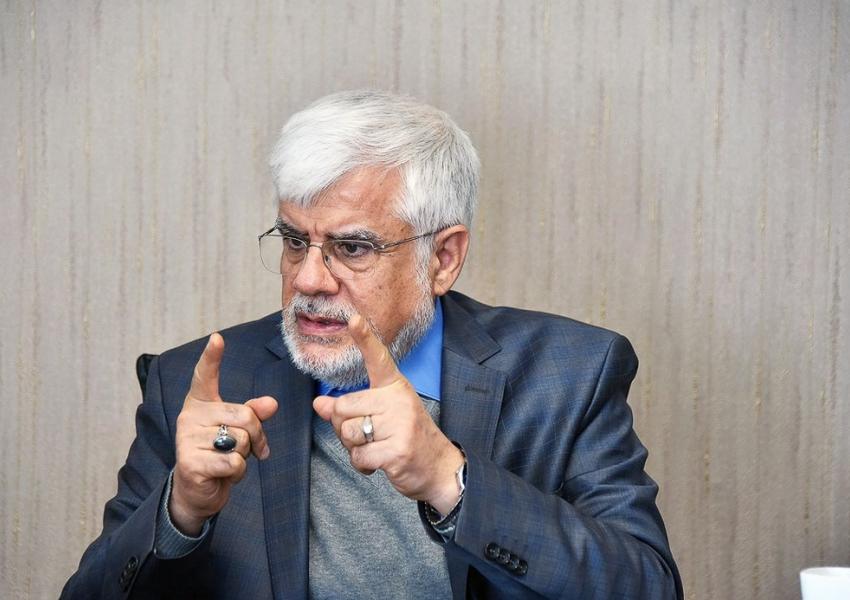
Ganji said that "respected reformist” Mohammad Reza Aref, the former vice-president, had urged Raisi in a congratulatory message "not to allow a political group to feel it has been omitted." Ganji insisted that Iranian society needed to be pluralist and colorful.
Aref, who has been blamed for the reform camp's defeats over alleged inaction as the reformists’ leader in parliament between 2016 and 2020, might be considered a soft target. Ganji vigorously attacked more uncompromising reformists, citing Mostafa Tajzadeh as one who saw reformism as “a way of fighting the regime.” Ganji suggested such reformists did not believe in compulsory hijab, the office of the supreme leader, or in the constitution of Iran’s Islamic Republic.
On Sunday, conservative daily Resalat's editor Mohammad Kazem Anbarlui also called for the rejuvenation of the reform camp(link is external). In an editorial he dubbed those like Tajzadeh "radical reformists" and foot soldiers of George Soros, the American financier behind Open Society Foundations.
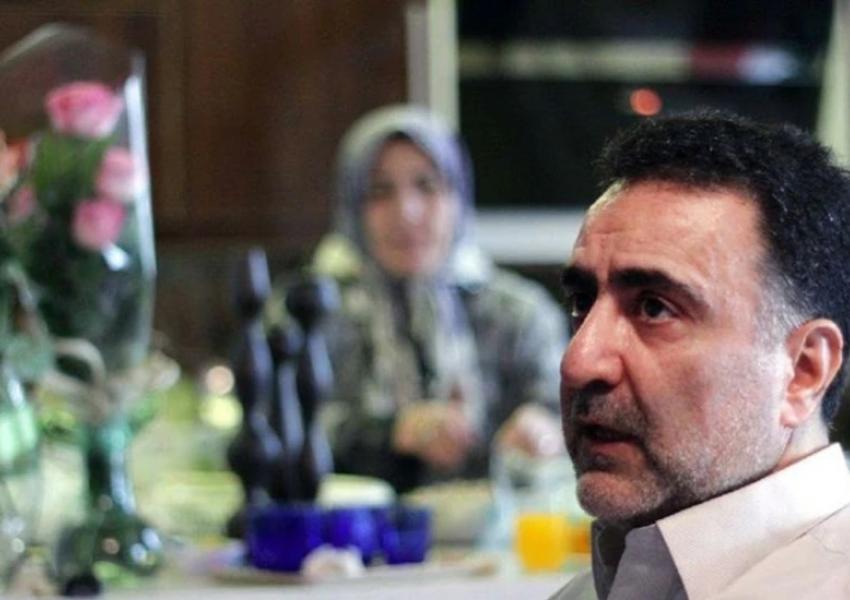
Anbarlui quoted reformist politician and businessman Mohammad Hashemi that "reformists who boycotted the election speak for Israel and Saudi Arabia." Anbarlui also cited centrist Hossein Marashi’s conclusion that reformists had lost their electability, and reformist analyst Abbas Abdi’s announcement that "we are the problem and as long as we are who we are, no problem will be solved."
Anbarlui wrote that Iran's reformists needed to renew their rhetoric, identity, leadership, and organization and to end a mistaken approach some Iranian politicians had followed for more than 100 years. "They should have ‘team B’ and a ‘plan B,’” he wrote, adding that the old approach would push reformists into the lap of opposition groups and counter-revolutionaries.
By eliminating reformists as a viable political force, hardliners have done away with their time-tested tool of motivating the electorate to turnout during elections. This has left them as the sole faction responsible for whatever happens in the country in coming years.
In an editorial Sunday returning to the same theme, Javan wrote(link is external) that reformists would be inevitably omitted from Iranian politics if they failed to return to the ideology of Ruhollah Khomeini, the 1979 Revolution leader. The commentary argued the reformists' defeat in the 2020 parliament election, and in the 2021 presidential and municipal elections, followed wrong decisions made by leaders who had lost grassroot support. The commentary mentioned figures such as former president Mohammad Khatami and Behzad Nabavi, former deputy parliament speaker, whose calls on voters to back Hemmati had been ignored.
But in fact, it is the reformists' failure to bring about reforms that has cost them public support, not their lack of commitment to Khomein'is principles, many analysts and ordinary people believe.
The call for a rethink is not limited to the principlist camp. The reformist daily Hamdeli wrote(link is external) Sunday that “reforming the reforms is the only way for Iran's reformists to return" to effective politics.

